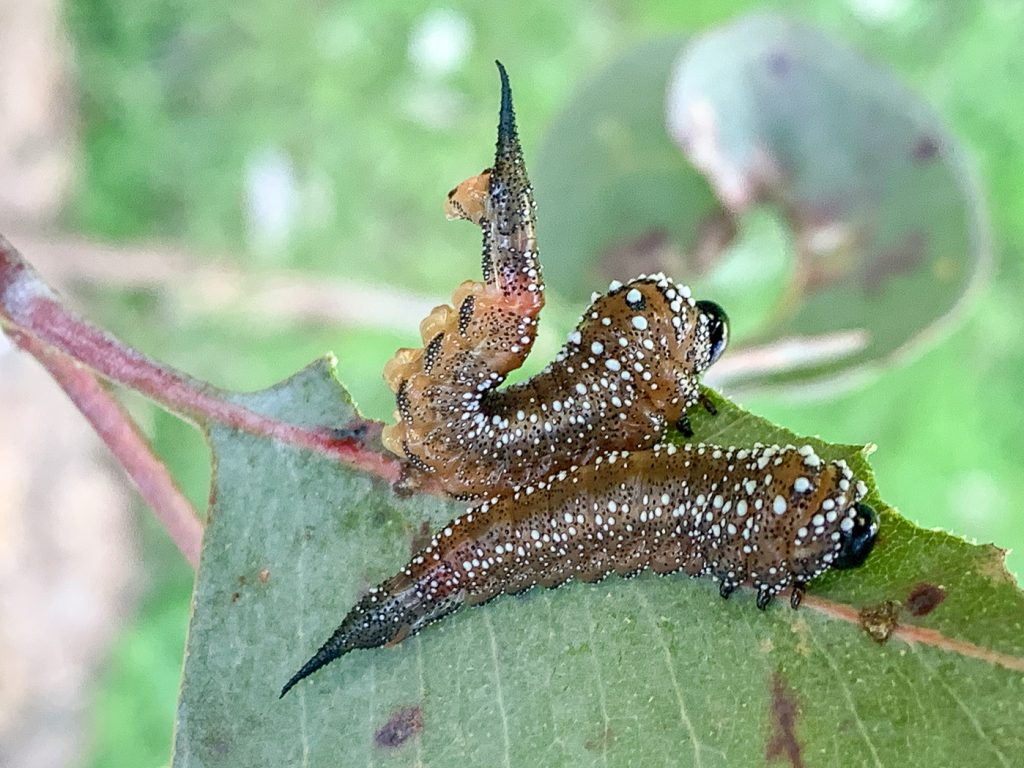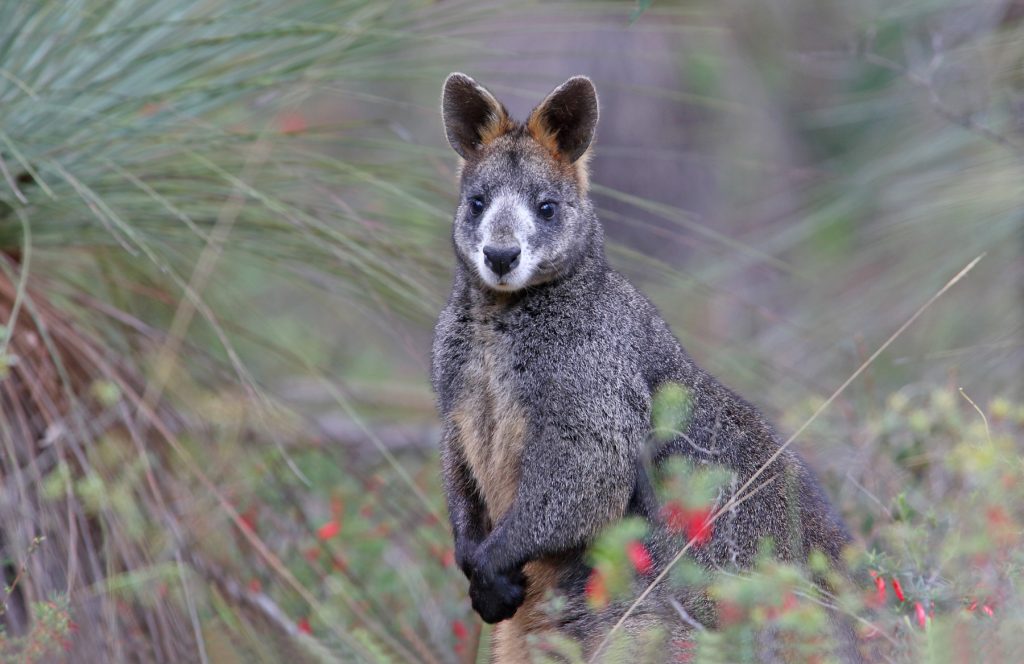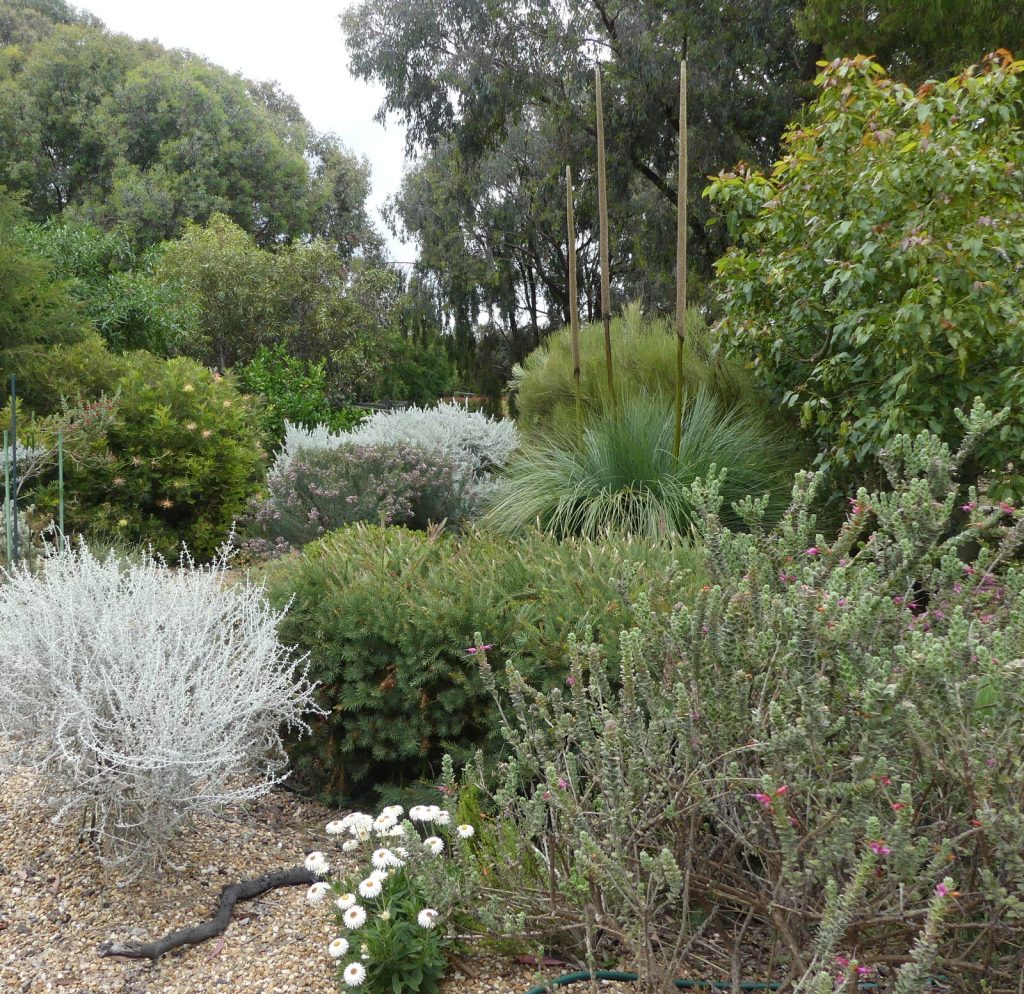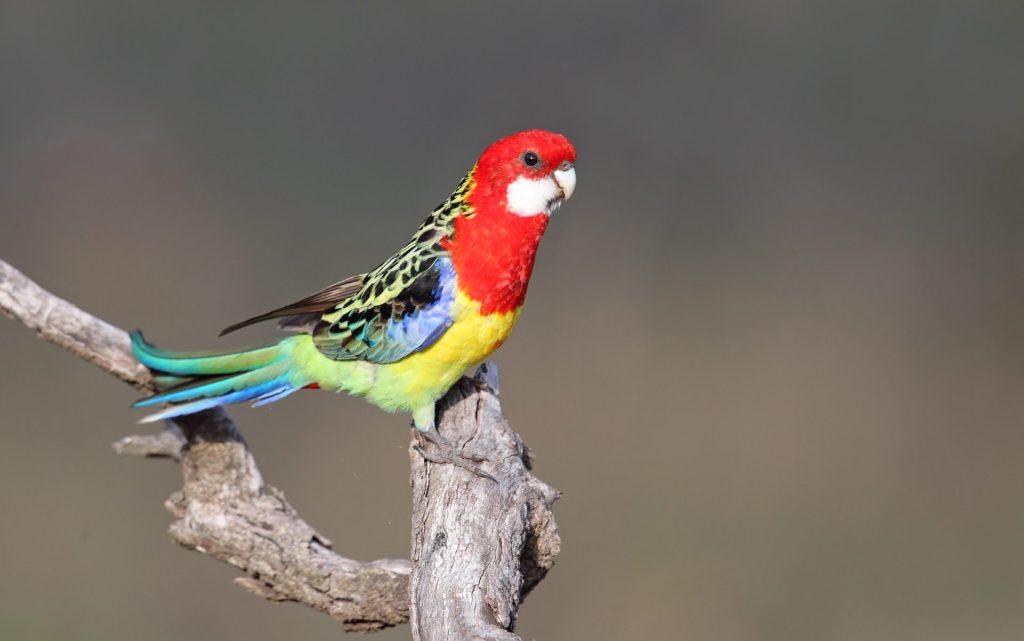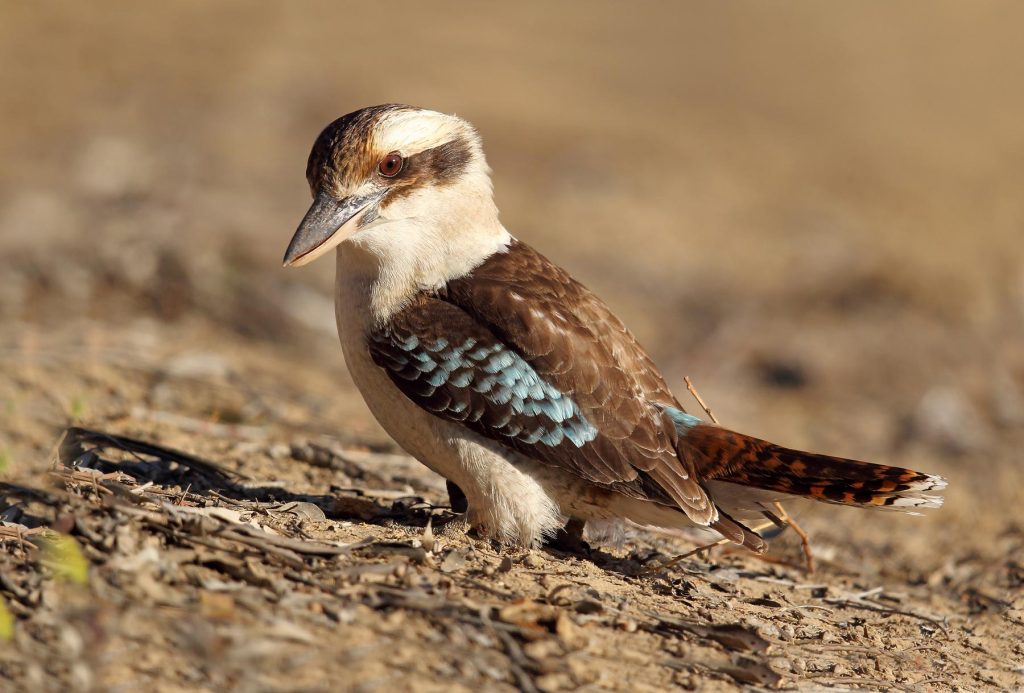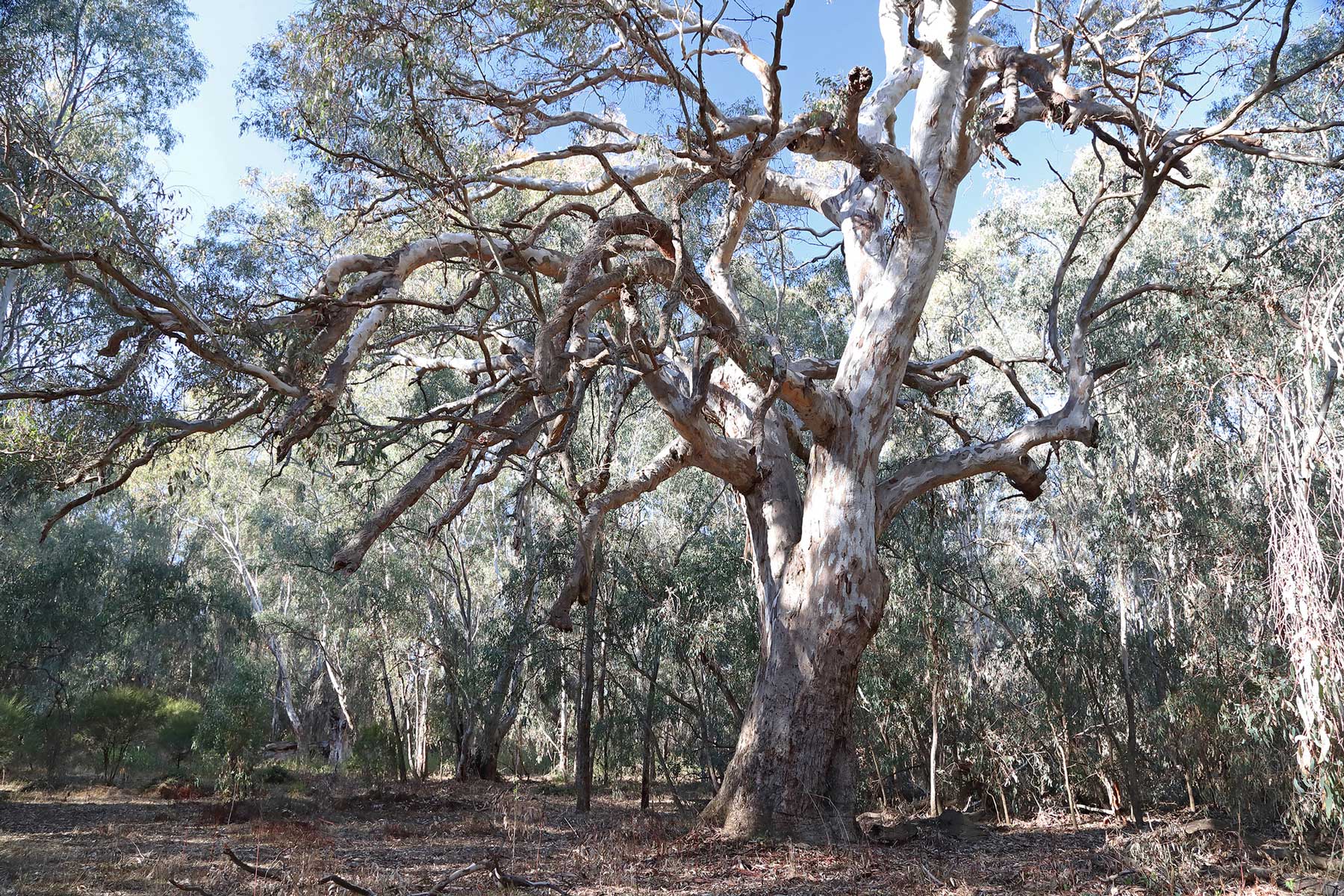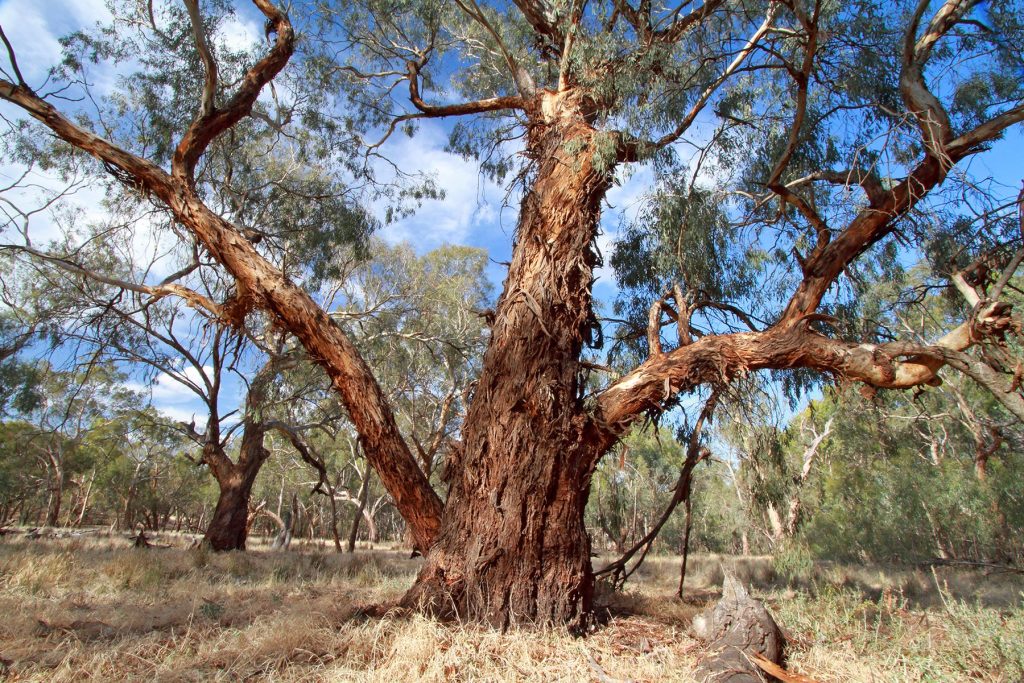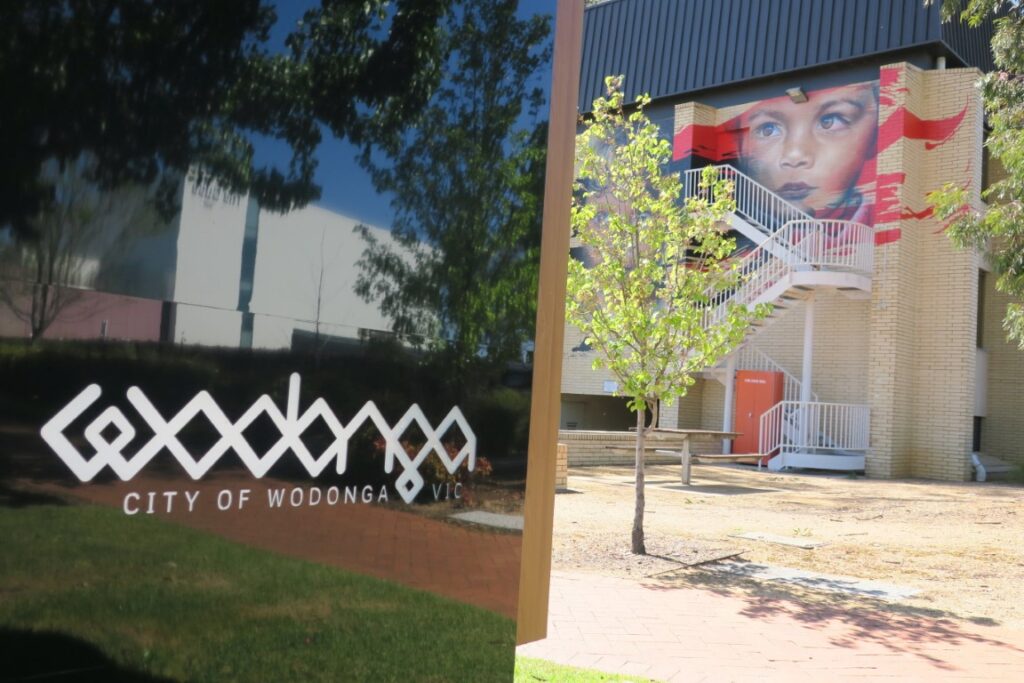
Is Wodonga Council going to work for our future?
By Jenni Huber, Knitting Nannas for Renewables Albury-Wodonga
It’s easy to think we have no control over what our politicians do. However now and again we have all the power. We have control over whether they even have the job. That’s the power of our vote at election times.


